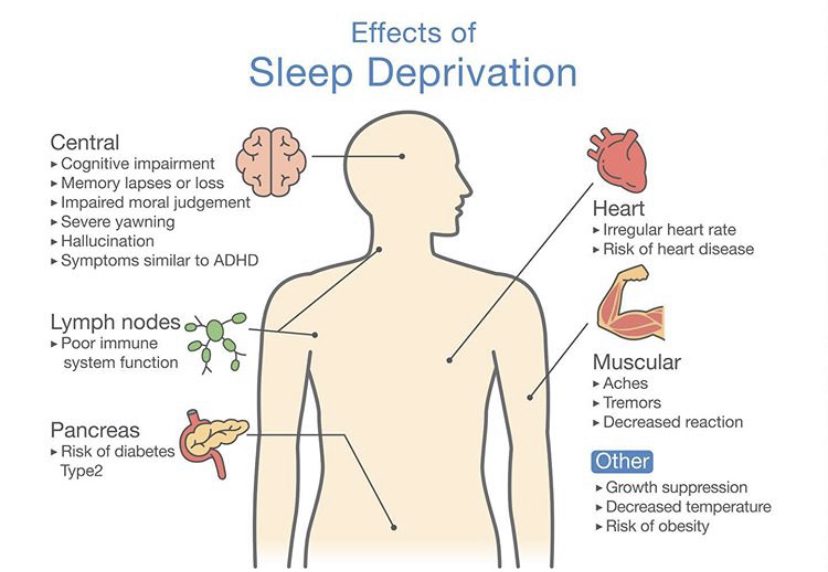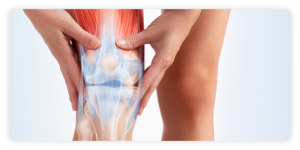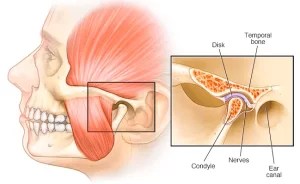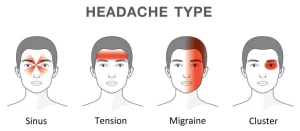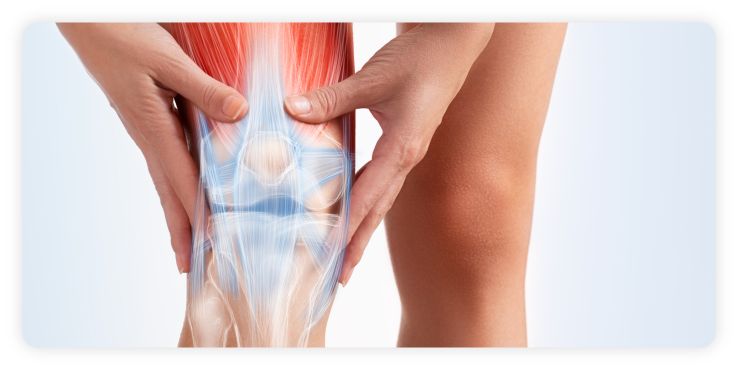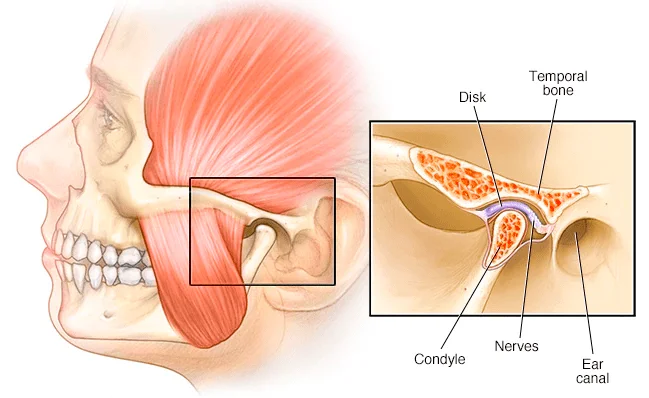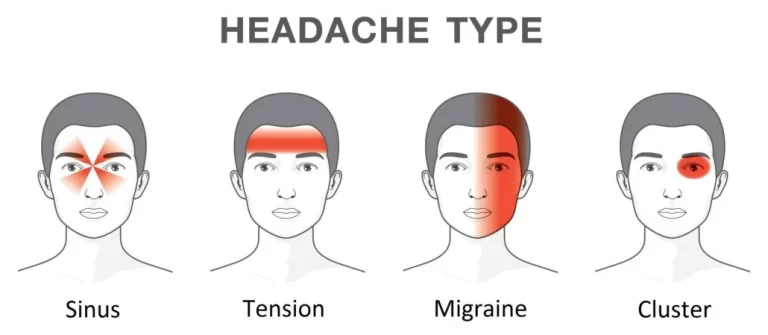Why is Sleep So Important?
Our nerve-signaling chemicals called neurotransmitters control whether we are asleep or awake by acting on different groups of nerve cells or neurons in the brain. When trying to fall asleep, we generally will go through the 5 stages of sleep. These sleep stages progress in a cycle from stage 1 to REM (Rapid Eye Movement) sleep and the cycle repeats again with stage 1.
Sleep Stages
During stage 1 (light sleep), we drift in and out of sleep and can be awakened easily. Our eyes move very slowly and muscle activity slows. People awakened from stage 1 sleep often remember fragmented visual images.
When we enter stage 2 sleep, our eye movements stop and our brain waves become slower, with occasional bursts of rapid waves called sleep spindles.
In stage 3 and 4 (deep sleep), extremely slow brain waves called delta waves begin to appear, interspersed with smaller and faster waves. There is no eye movement or muscle activity. People awakened during deep sleep do not adjust immediately and often feel disoriented for several minutes after they wake up.
REM Sleep
When we switch into REM sleep, our breathing becomes more rapid, irregular, and shallow, our eyes jerk rapidly in various directions, and our limb muscles become temporarily paralyzed during sleep. Our heart rate increases and blood pressure rises. When people are awakened during REM sleep, they often describe bizarre and illogical dreams.
Recommended hours of sleep
So how many hours of sleep do we need? The hours of sleep correlate to our age. Infants require about 16 hours a day while teenagers require 9 hours on average. Although 7-8 hours a night appears to be the best amount of sleep for most adults, some may need only 5 hours or as many as 10 hours of sleep each day.
When we sleep below the recommended hours our body needs, we will usually feel tired and out of sorts the next day resulting in an impaired judgment or even slow reaction time. If this sleep deprivation continues, hallucinations and mood swings may even develop. If in doubt, please seek professional advice.
Exploring Physical Factors That Disrupt Sleep?
Sleep quality can be influenced by more than just routine, it may also be affected by physical tension, posture, or underlying discomfort. An osteopathic assessment may offer insights into how your body’s structure could be contributing to sleep disturbances. Learn more about consulting an osteopath in Singapore.
